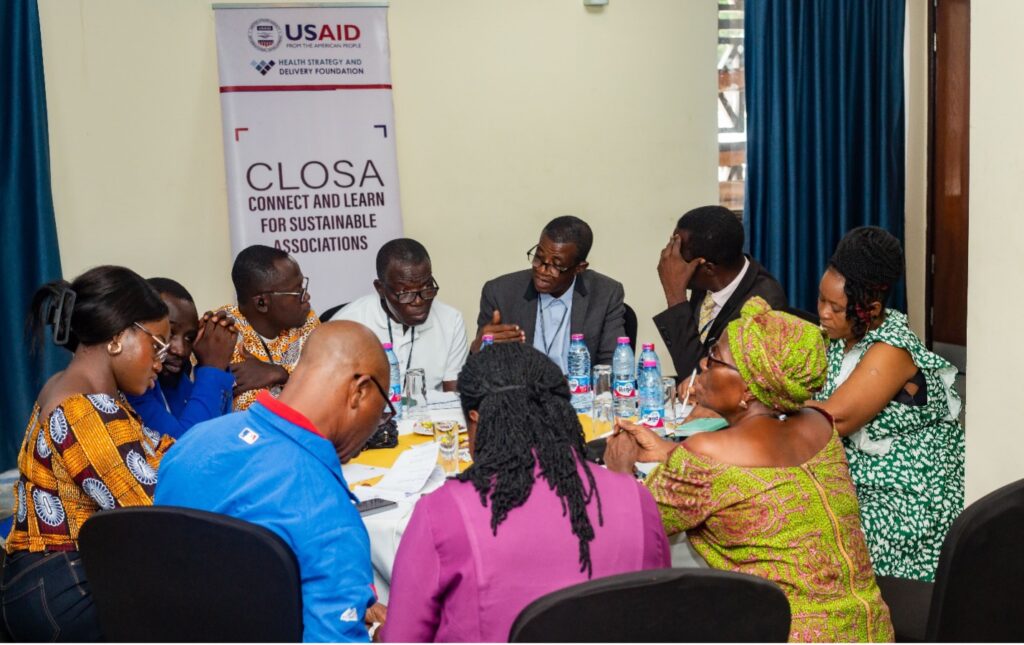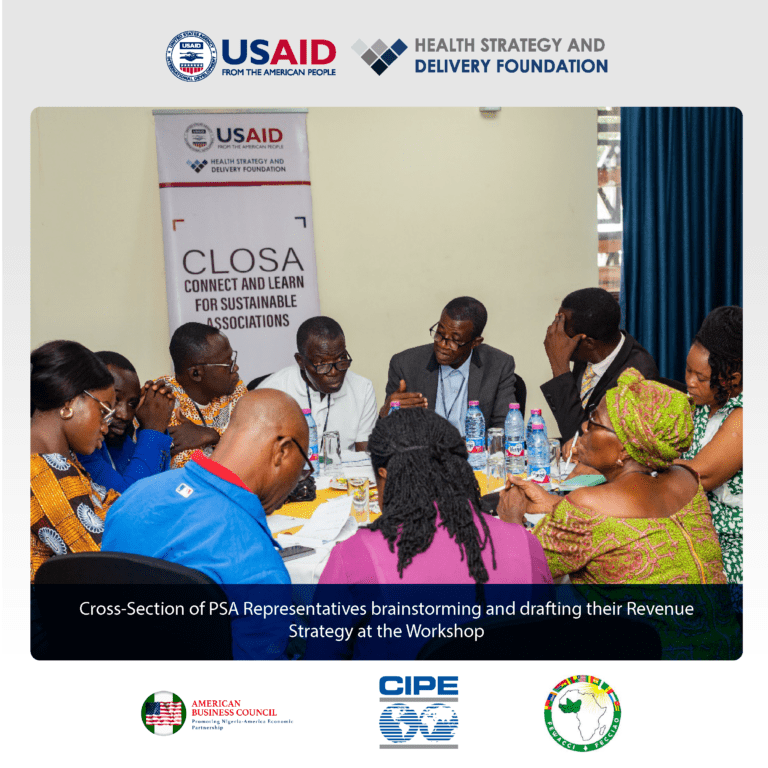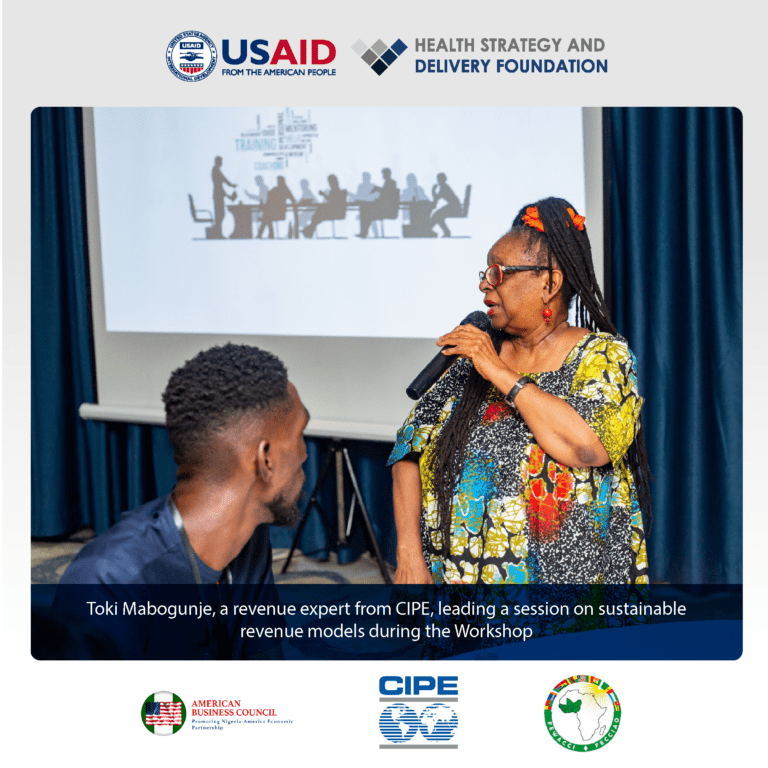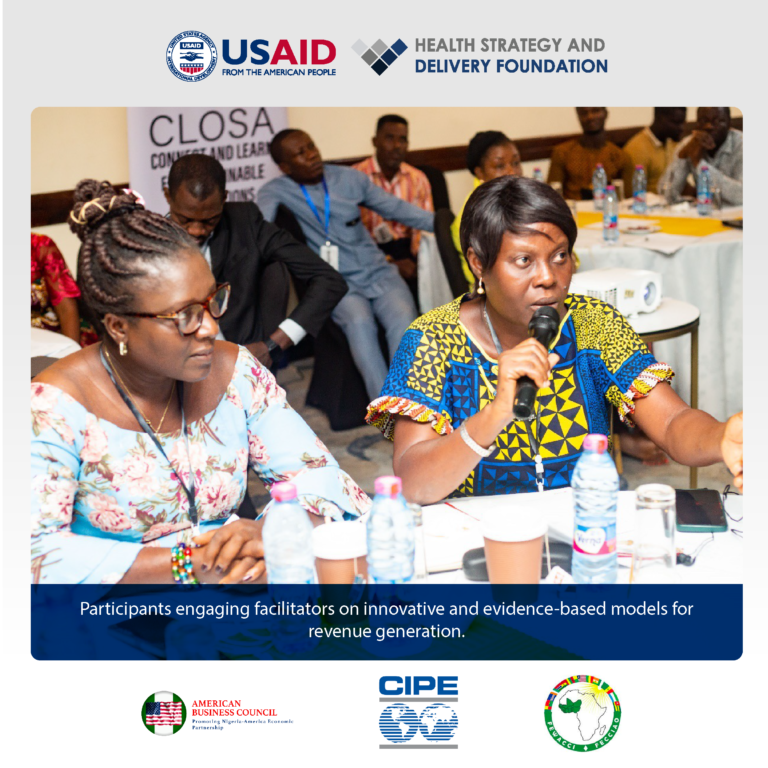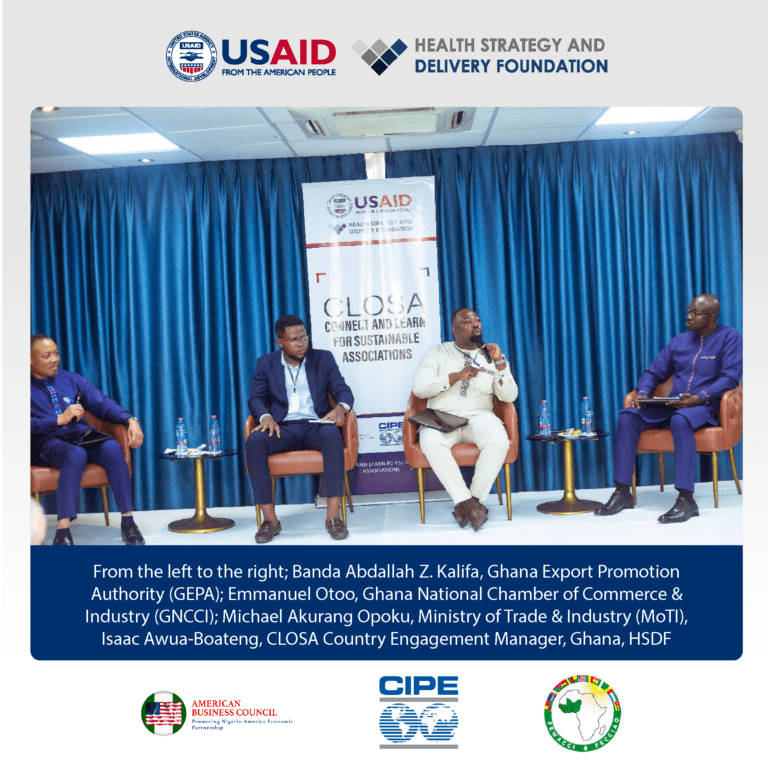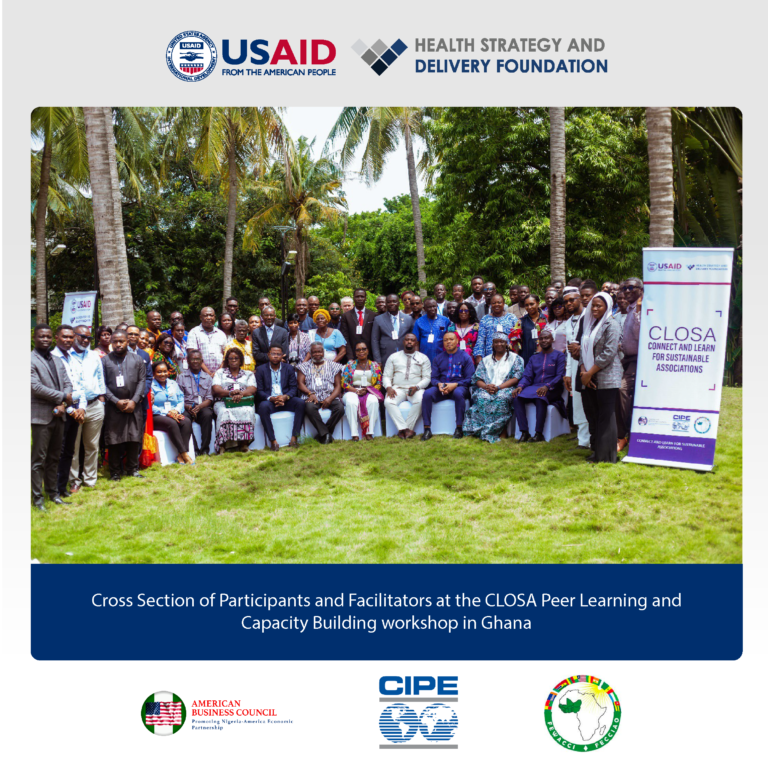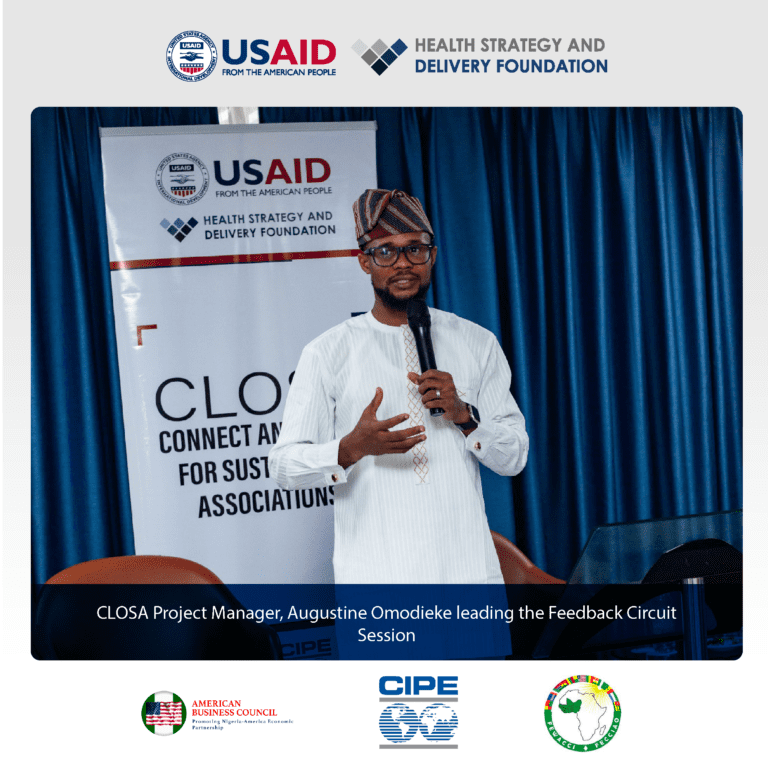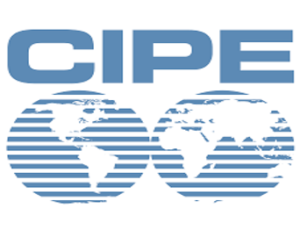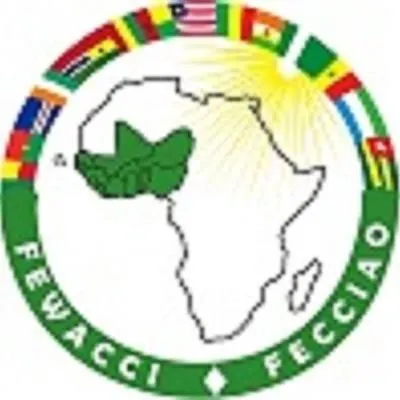In a bid to strengthen PSAs across sub-Saharan Africa, the USAID-funded CLOSA project recently hosted a 2-day Peer Learning and Capacity Building Workshop in Ghana. The event aimed to enhance the commercial viability and financial sustainability of Private Sector Associations (PSAs) by exploring evidence-based models and harnessing market and funding opportunities for sustainable revenue generation.
During the workshop, PSA representatives in Ghana were empowered to maximize market opportunities, devise innovative strategies for sustainable revenue, and gain access to capital. The workshop also facilitated valuable knowledge exchange and peer learning, promoting adaptable best practices and innovative approaches.
Toki Mabogunje, a revenue expert from the Center for International Private Enterprise (CIPE) – an implementing partner of CLOSA, led engaging sessions on sustainable revenue models. Using theoretical frameworks and case studies, Toki sparked discussions on the importance of diversifying income streams beyond membership dues. Panelists from the Ghana National Chamber of Commerce & Industry (GNCCI), the Ministry of Trade and Industry (MoTI), and the Ghana Export Promotion Authority (GEPA) emphasized the need for associations to diversify income beyond membership dues, enhance export capabilities, access international markets, form partnerships, optimize events for income, and leverage financing schemes to support business growth and expansion.
An expository session led by representatives from BRAC Savings & Loans and IZWE Savings & Loans in Ghana provided practical steps for unlocking and harnessing available multisectoral opportunities. By the end of the workshop, participating PSAs had the chance to develop and refine their revenue strategies through group works, where they engaged in strategic discussions, identifying innovative models and opportunities for growth that led to the development of PSA specific “revenue strategy document”, using an innovative tool developed by the Health Strategy and Delivery Foundation (HSDF). Participating PSAs left the workshop empowered with practical knowledge and tools to ramp-up their revenue generation efforts. The CLOSA team, through coaching and mentoring, will continue to support these PSAs in implementing their strategic priorities, translating into improved management practices and consequently, increased and sustainable revenues.
CLOSA remains committed to supporting these PSAs by offering a robust, multi-country knowledge base focused on building sustainable private associations and fostering adaptive learning across multiple associations in Ghana, Nigeria and Senegal.

